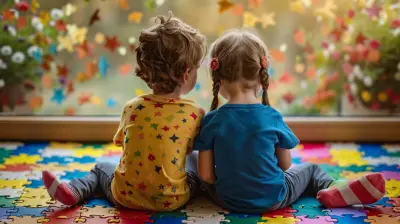Encouraging Problem-Solving Skills in Early Childhood
19 April 2025
Problem-solving is one of the most valuable skills a child can develop. But here's the thing—kids aren’t born with it; they learn it. From figuring out how to stack blocks to resolving conflicts on the playground, problem-solving is a key part of childhood development.
So, how can parents and educators encourage young minds to think critically and independently? Let’s dive into some practical ways to foster problem-solving skills in early childhood. 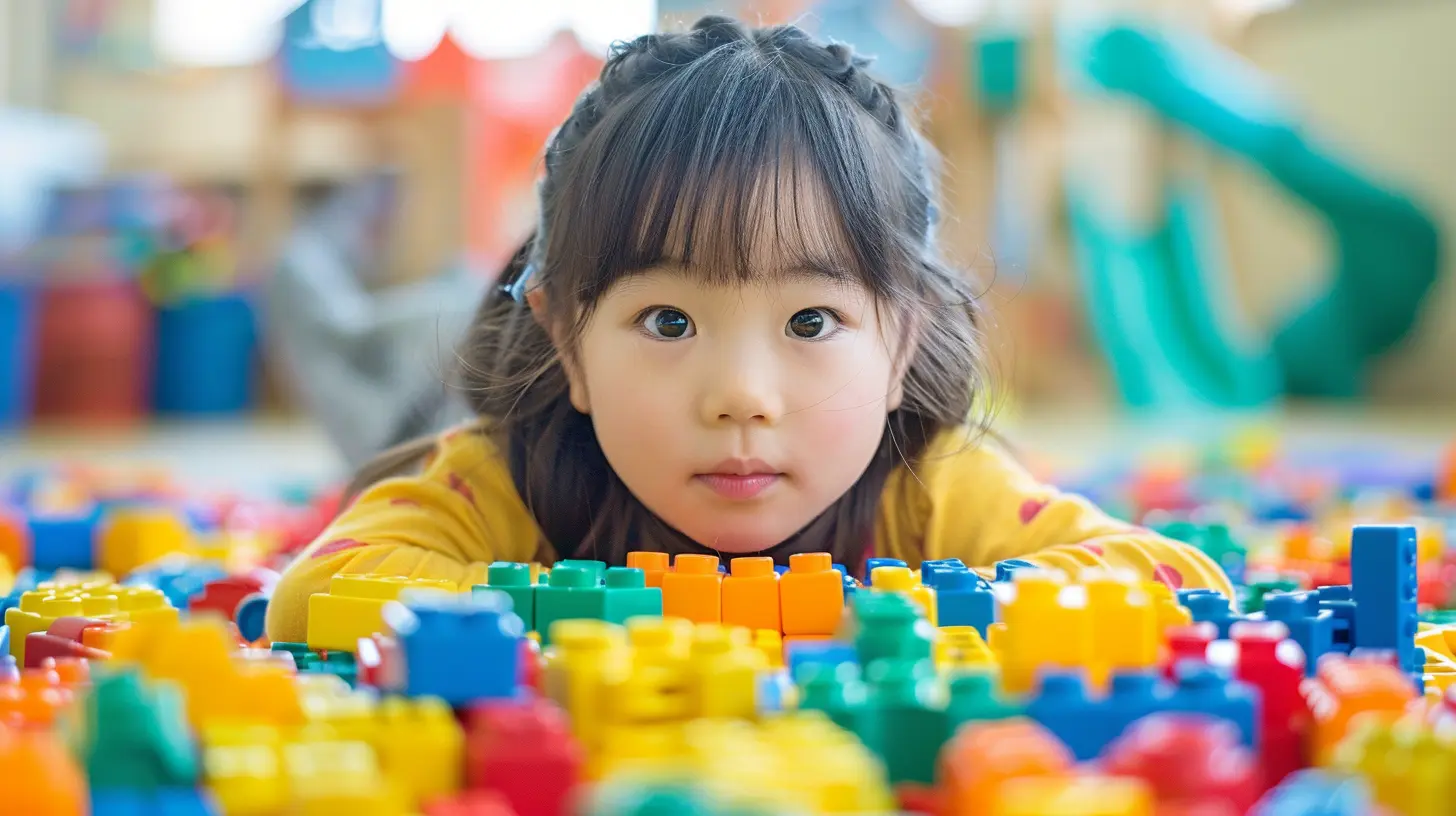
Why Is Problem-Solving Important for Kids?
Think about this—life is full of problems. From small daily challenges to bigger life decisions, problem-solving is a skill we use constantly. Teaching children how to solve problems early prepares them for school, relationships, and even adulthood.Here’s why problem-solving is so crucial for kids:
- Boosts Confidence – When kids figure things out on their own, it builds self-esteem.
- Encourages Independence – They learn to think instead of relying on adults to provide answers.
- Develops Critical Thinking – Problem-solving forces kids to analyze situations and think logically.
- Improves Social Skills – It helps them resolve conflicts with peers and communicate effectively.
Now that we know why it matters, how can we make problem-solving a natural part of childhood? Let’s break it down. 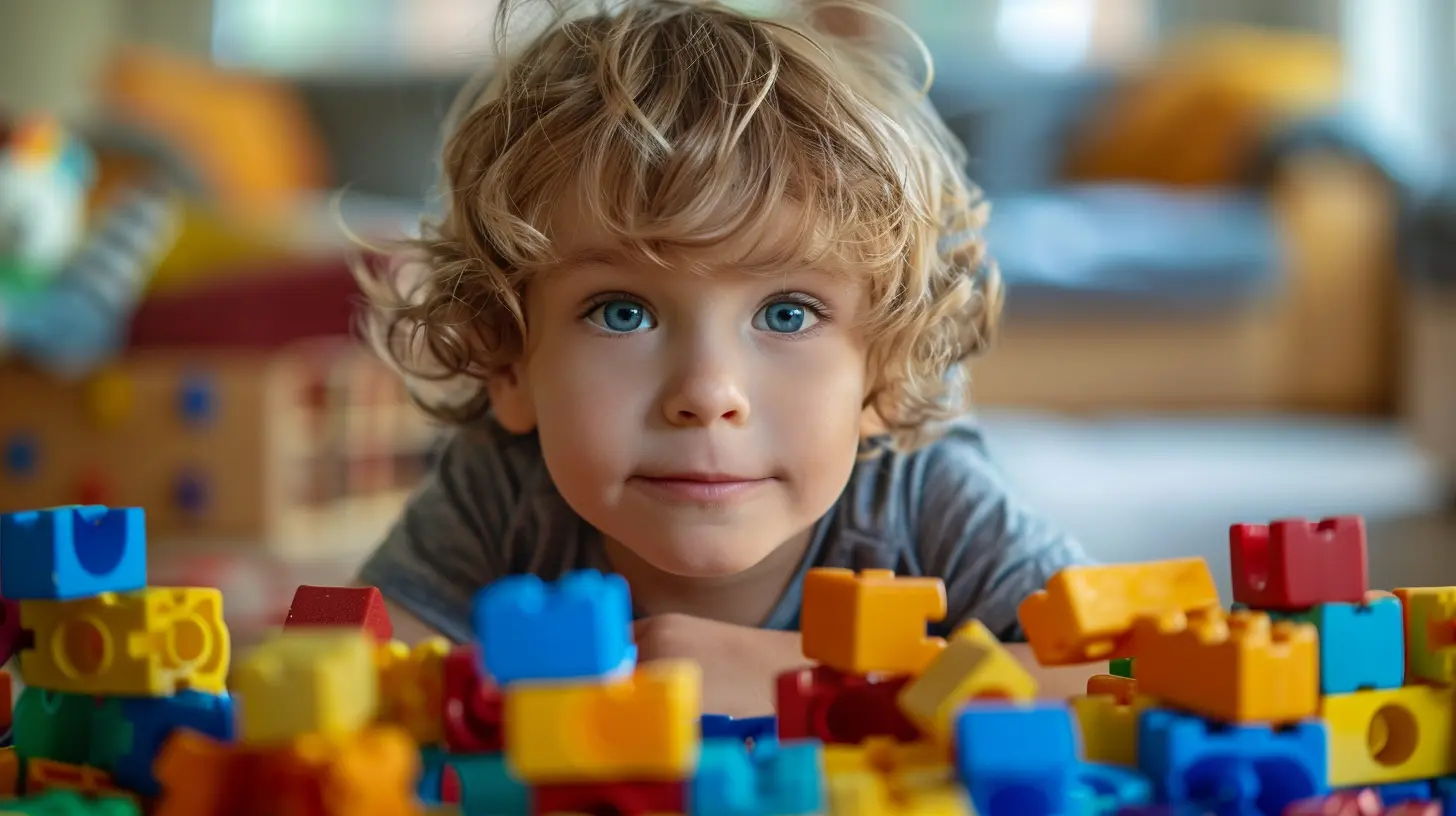
1. Encourage Curiosity and Exploration
Kids ask a lot of questions, right? Instead of shutting them down, use those questions as learning opportunities. When kids explore and experiment, they begin to think like problem solvers.How to Encourage Exploration:
- Give them open-ended toys like blocks, puzzles, and Legos.- Let them try new activities without fear of failure.
- Answer their "why" questions with another question: "What do you think?"
When children figure things out through trial and error, their ability to solve problems strengthens naturally. 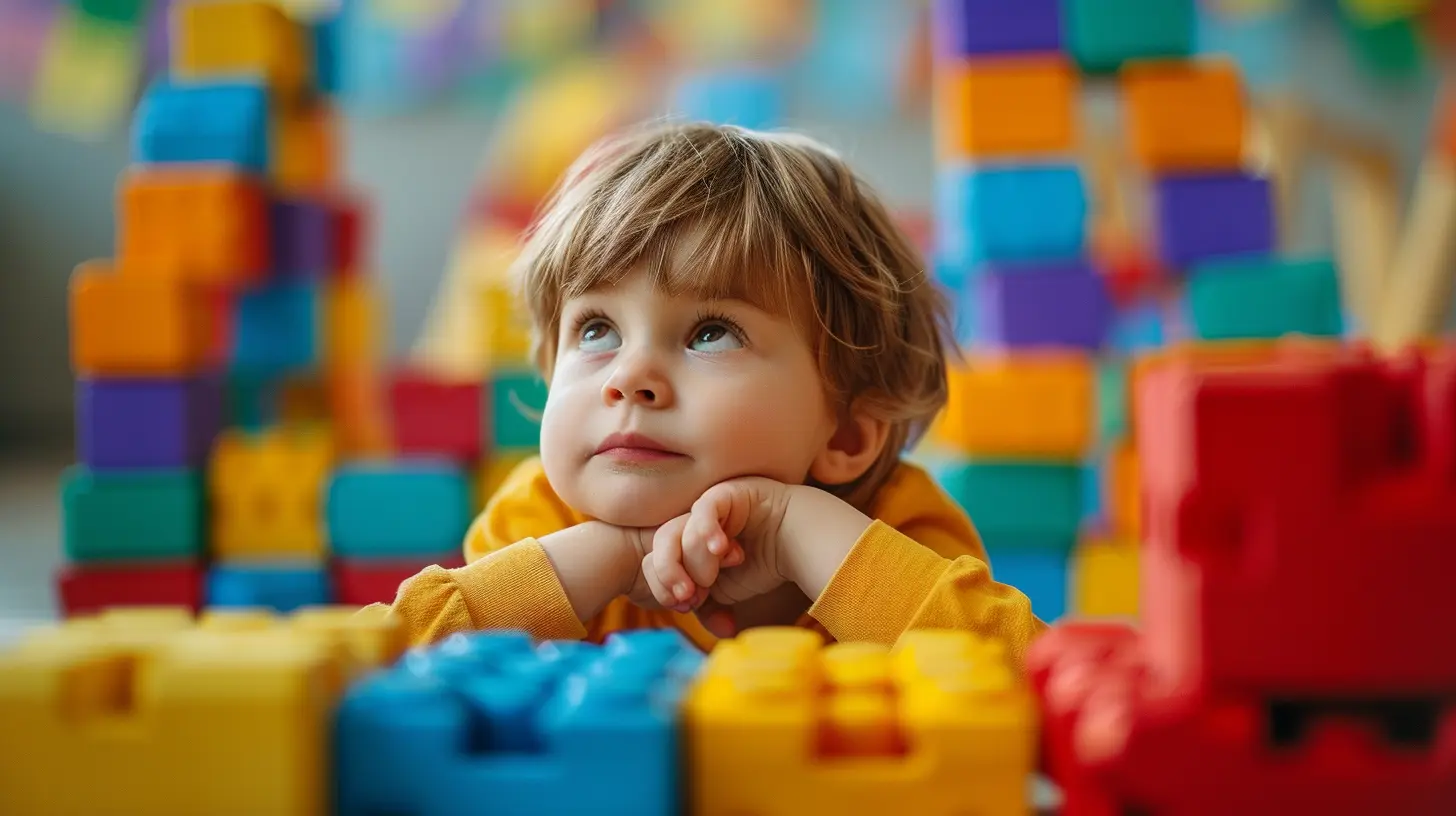
2. Let Them Fail (And Teach Them It’s Okay!)
Failure is not the enemy—it’s a learning tool. Kids who never experience failure may struggle with challenges later in life. Instead of rescuing them from every struggle, let them face small failures and guide them through solutions.How to Make Failure a Positive Learning Experience:
- Praise effort over results. Say, "You worked so hard on that!" instead of "You're so smart!"- Share your own mistakes and what you learned from them.
- Encourage a "try again" attitude when something doesn't go as planned.
When kids see failure as a stepping stone, they become resilient problem-solvers. 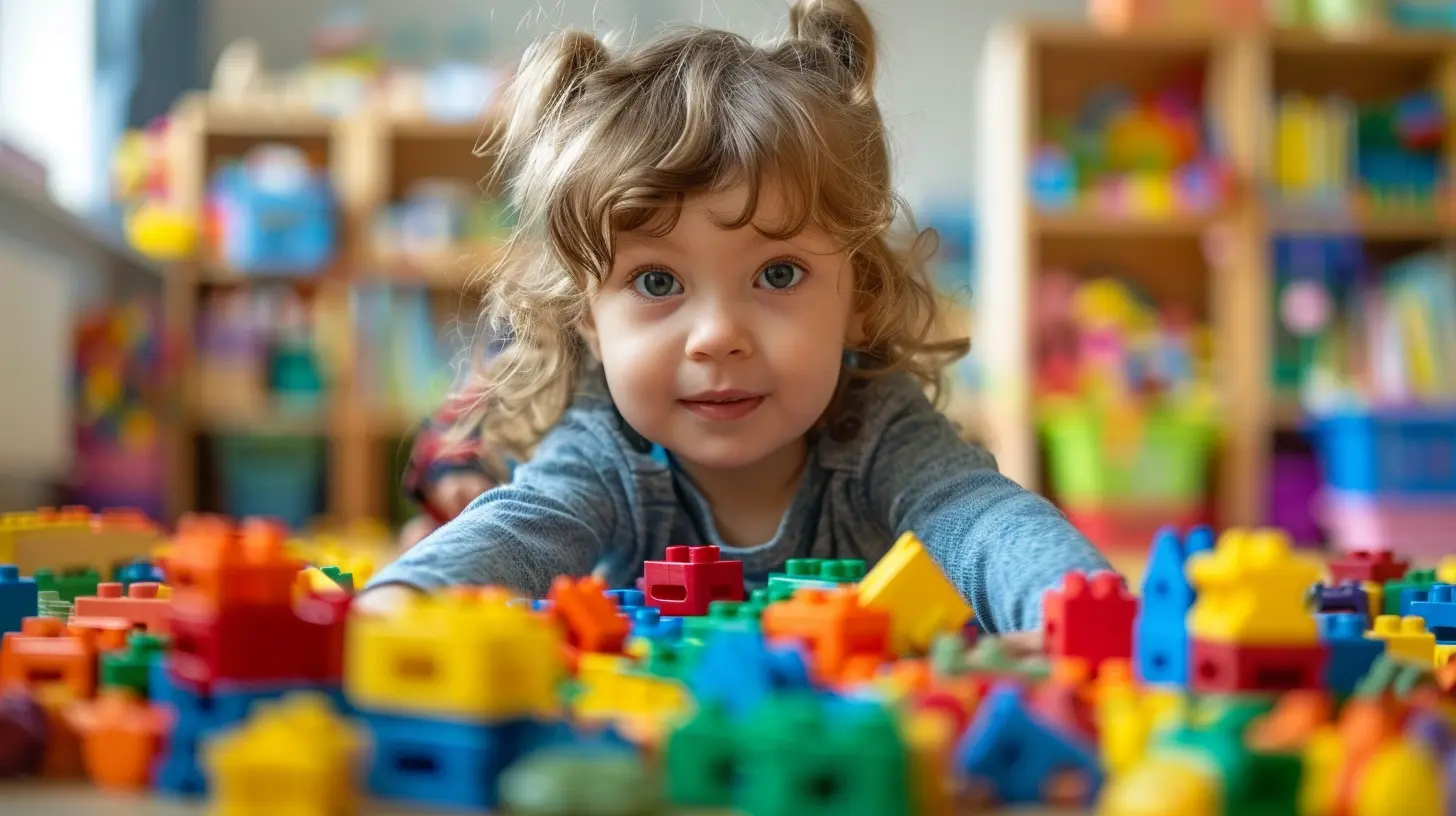
3. Teach Kids to Ask Questions
Good problem-solving starts with asking the right questions. Kids who learn to ask "how" and "why" develop deeper thinking skills.A Simple Strategy: The "What If?" Game
Ask your child thought-provoking questions like:- "What if we had no electricity for a day?"
- "What if you had to build a house out of only LEGO bricks?"
- "What if your toy broke? How could you fix it?"
Encouraging hypothetical thinking helps kids stretch their creativity and develop solutions on their own.
4. Foster Creative Thinking Through Play
Play isn’t just fun—it’s a powerful learning tool. Games, role-playing, and storytelling all enhance a child’s ability to think outside the box.Activities That Boost Problem-Solving:
- Pretend Play – Let them play "store," "doctor," or "detective" to face different challenges.- Puzzle Challenges – Jigsaw puzzles, mazes, and brain teasers sharpen critical thinking.
- Building and Engineering – Give them materials and let them create something new.
Playful problem-solving teaches children that not every problem has one right answer.
5. Model Problem-Solving in Everyday Life
Kids watch everything we do. When they see adults handle challenges calmly and logically, they learn to do the same.Ways to Model Problem-Solving:
- Talk Through Challenges Aloud – "Hmm, the car won’t start. What could be the problem?"- Involve Them in Decision-Making – "We forgot our lunch at home. What should we do?"
- Show Patience and Positivity – Avoid frustration in front of them and demonstrate problem-solving in action.
The more exposure kids have to real-life problem-solving, the more confident they’ll be in handling their own challenges.
6. Encourage Teamwork and Collaboration
No one solves problems alone all the time. Teaching kids to work together builds essential teamwork and communication skills.Ways to Promote Collaborative Problem-Solving:
- Involve them in group activities like board games or team sports.- Encourage cooperative play where kids must work together to achieve a shared goal.
- Teach them how to listen to others' ideas and suggest their own solutions.
Learning to solve problems as a team is just as important as solving them individually.
7. Use Books and Stories to Teach Problem-Solving
Stories are powerful tools for learning. Many children's books feature characters who face and conquer challenges.Great Books That Teach Problem-Solving:
- The Most Magnificent Thing by Ashley Spires – A story about perseverance.- What Do You Do with a Problem? by Kobi Yamada – A lesson in overcoming fears.
- Rosie Revere, Engineer by Andrea Beaty – Encourages creativity and persistence.
After reading, discuss the character’s problem and solutions. Ask, "What would you have done?"
Books help kids see that challenges are a normal part of life and can always be solved.
8. Give Kids Real-World Problems to Solve
Real-life tasks give children hands-on experience in solving problems.Simple Ways to Let Kids Solve Everyday Problems:
- Let them help plan meals ("What should we make if we’re out of eggs?")- Ask them to find missing items ("Where do you think your shoes could be?")
- Give them challenges like building a fort with limited materials.
When kids face real-world problems, they gain problem-solving skills they’ll use forever.
9. Encourage a Growth Mindset
A growth mindset means belief in improvement through effort. Kids who believe they can get better at something are more likely to tackle challenges instead of avoiding them.How to Build a Growth Mindset:
- Use words like "yet" ("You can't do it yet, but you will!")- Praise effort and strategy instead of just results.
- Remind kids that mistakes are part of learning.
A growth mindset turns challenges into opportunities, making problem-solving a lifelong strength.
Final Thoughts
Encouraging problem-solving skills in early childhood isn’t about giving kids all the answers—it’s about guiding them to think, explore, and find their own solutions.From play-based learning to modeling problem-solving behavior, every small effort contributes to a child's ability to think critically, make decisions, and tackle challenges head-on.
So, next time your little one faces a tricky situation, resist the urge to step in right away. Instead, ask them questions, encourage them to think, and celebrate their problem-solving journey.
After all, the best problem-solvers aren’t those who never fail—but those who don’t give up when they do.
all images in this post were generated using AI tools
Category:
Child DevelopmentAuthor:

Paulina Sanders
Discussion
rate this article
4 comments
Sawyer McGowan
Thank you for highlighting the importance of fostering problem-solving skills in early childhood. Your insights offer valuable strategies that can positively shape children’s cognitive development and resilience.
May 12, 2025 at 4:17 PM

Paulina Sanders
Thank you for your thoughtful feedback! I'm glad you found the strategies helpful in supporting children's cognitive development and resilience.
Ace Cannon
Great insights! Fostering problem-solving in early childhood lays a strong foundation for future success.
May 3, 2025 at 2:28 AM

Paulina Sanders
Thank you! I completely agree that nurturing problem-solving in early childhood is essential for lifelong success.
Lisette Griffin
Fostering problem-solving in early childhood builds resilience and critical thinking for lifelong success.
April 30, 2025 at 5:05 PM

Paulina Sanders
Absolutely! Early childhood problem-solving fosters resilience and critical thinking, laying a strong foundation for lifelong success. Thank you for your insightful comment!
Chloe Kirkpatrick
Thank you for this insightful article! Encouraging problem-solving skills in early childhood is essential for fostering independence and resilience. I appreciate the practical tips shared for caregivers and educators.
April 20, 2025 at 4:07 AM

Paulina Sanders
Thank you for your kind words! I'm glad you found the tips helpful for fostering independence and resilience in young children.



